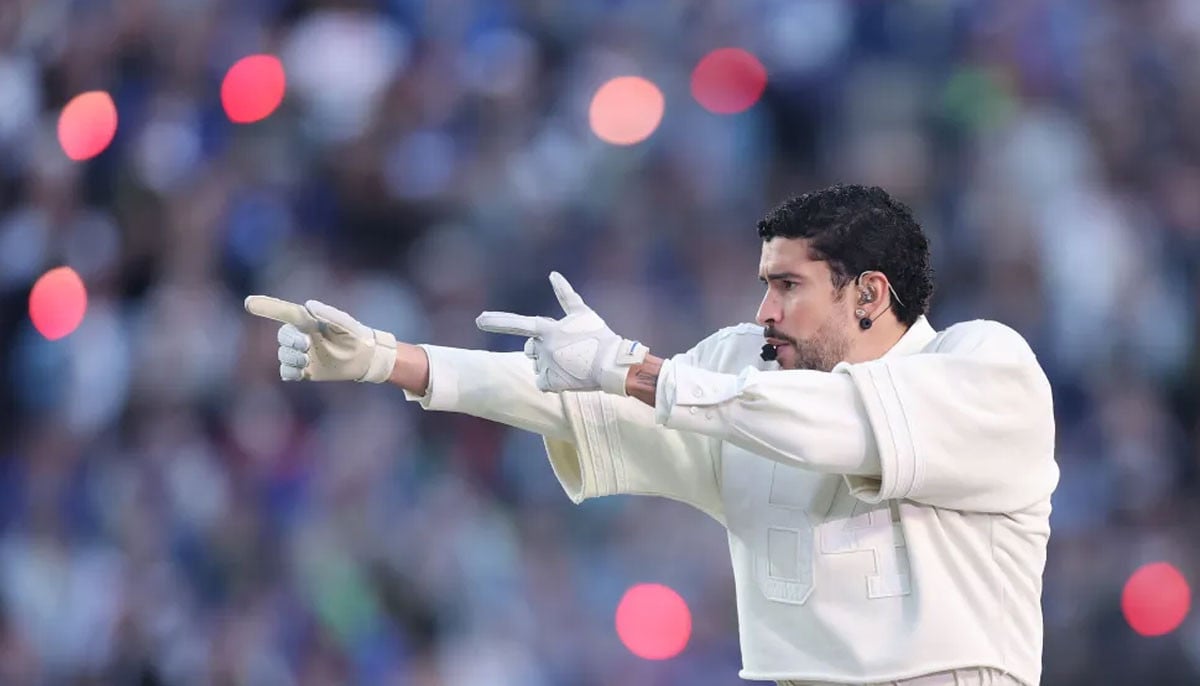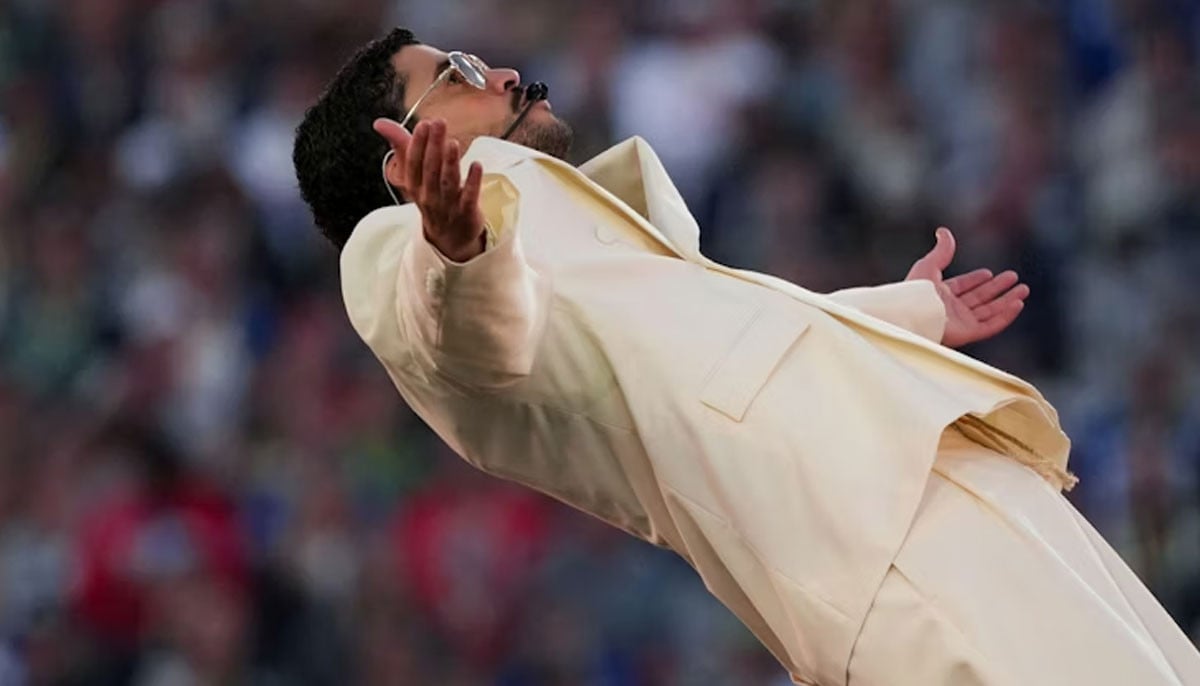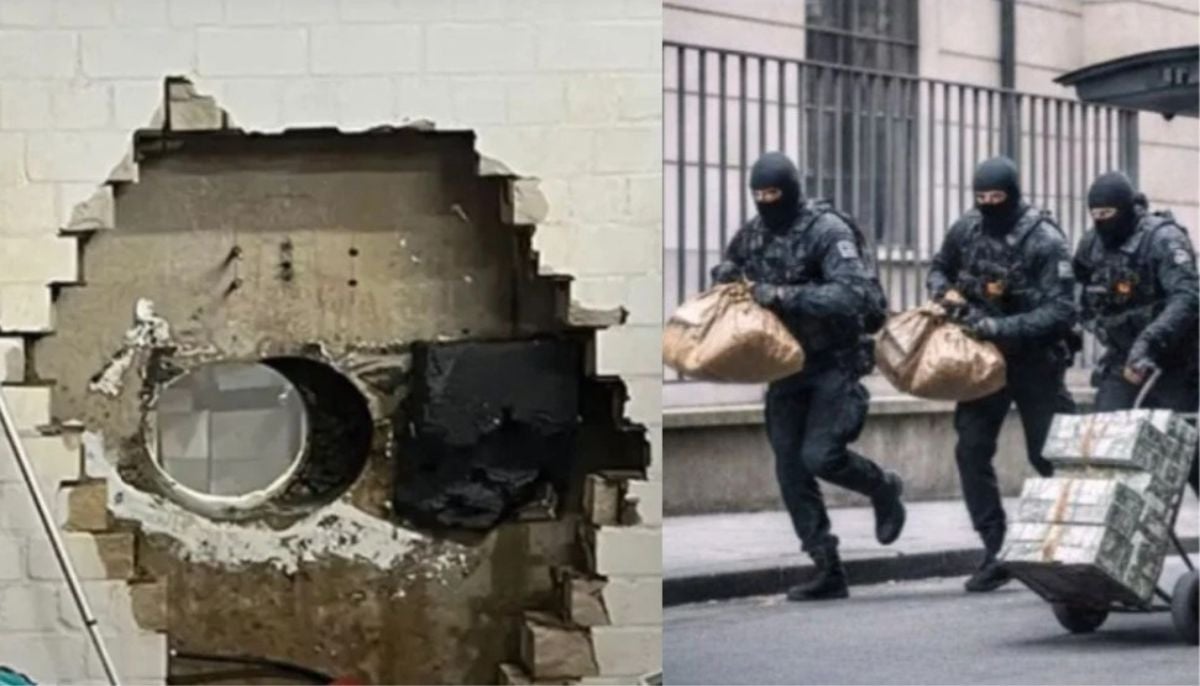US seeks to finish the job in Iran nuclear talks
LAUSANNE: Iran and the US raced against the clock Sunday to close in on a nuclear deal with US Secretary of State John Kerry saying it was "time to get it done" after 18 months of intense negotiations.
"If (Iran´s nuclear programme is) peaceful, let´s get it done. And my hope is that in the next days, that will be possible,"
By AFP
March 15, 2015
LAUSANNE: Iran and the US raced against the clock Sunday to close in on a nuclear deal with US Secretary of State John Kerry saying it was "time to get it done" after 18 months of intense negotiations.
"If (Iran´s nuclear programme is) peaceful, let´s get it done. And my hope is that in the next days, that will be possible," said Kerry, who is due to join the critical round of talks in the Swiss city of Lausanne later Sunday.
Washington wants Iran to dramatically scale down its nuclear programme in order to extend to at least a year the "breakout" time that Iran would in theory need to produce a bomb´s worth of fissile material.
The Islamic republic, reeling from the pressure of sanctions, denies wanting nuclear weapons, saying its atomic programme is for purely peaceful purposes. It wants to expand its activities.
The target is for Iran and six world powers -- the US, Russia, China, Britain, France and Germany -- to agree the outlines of a deal by March 31 and to fine-tune the details by July 1.
Added time pressure comes from the fact that Iran marks its new year on March 21, after which the country effectively closes down for 10 days. US Republicans are also teeing up legislation that could kill the whole process.
"We believe very much that there´s not anything that´s going to change in April or May or June that suggests that at that time a decision you can´t make now will be made then," Kerry told CBS television from Egypt Saturday.
Rouhani thaw
The nuclear standoff has lasted more than a decade, but the 2013 election of President Hassan Rouhani resulted in a minor thaw and the past 18 months have seen an unprecedented diplomatic effort.
Under a landmark November 2013 interim deal, Tehran stopped expanding its activities in return for minor sanctions relief. Since then the parties have been pushing for a lasting accord.
But to the alarm of Israel, US Republicans and Washington´s Gulf allies, the US looks to have abandoned insisting that Iran dismantles all nuclear activities, tolerating instead a small programme under tight controls and potentially shipping abroad Iran´s nuclear material.
In theory, this still leaves Iran with the possibility, however small, to get the bomb, critics say, and last week 47 Republicans took the explosive step of writing an open letter to Iran´s leaders.
They warned that any nuclear deal could be modified by Congress or revoked "with the stroke of a pen" by whomever succeeds President Barack Obama, a Democrat.
This followed a barnstorming address to US lawmakers on a Republican invitation by Israeli Prime Minister Benjamin Netanyahu -- who faces a battle to be re-elected Tuesday -- when he warned against a deal.
The letter provoked a storm in Washington with Obama saying he was "embarrassed" for the signatories, while Washington´s allies in its talks with Iran were also unimpressed.
"The negotiations are difficult enough, so we didn´t actually need further irritations," German Foreign Minister Frank Walter Steinmeier said.
And Iranian Foreign Minister Mohammad Javad Zarif, who arrived in Lausanne on Sunday, joining US negotiators, said it "told us that we cannot trust the United States."
The letter "sends a message to the international community that Washington cannot be trusted to follow through on its commitments," Kelsey Davenport, an analyst at the Arms Control Association, told AFP.
"If (Iran´s nuclear programme is) peaceful, let´s get it done. And my hope is that in the next days, that will be possible," said Kerry, who is due to join the critical round of talks in the Swiss city of Lausanne later Sunday.
Washington wants Iran to dramatically scale down its nuclear programme in order to extend to at least a year the "breakout" time that Iran would in theory need to produce a bomb´s worth of fissile material.
The Islamic republic, reeling from the pressure of sanctions, denies wanting nuclear weapons, saying its atomic programme is for purely peaceful purposes. It wants to expand its activities.
The target is for Iran and six world powers -- the US, Russia, China, Britain, France and Germany -- to agree the outlines of a deal by March 31 and to fine-tune the details by July 1.
Added time pressure comes from the fact that Iran marks its new year on March 21, after which the country effectively closes down for 10 days. US Republicans are also teeing up legislation that could kill the whole process.
"We believe very much that there´s not anything that´s going to change in April or May or June that suggests that at that time a decision you can´t make now will be made then," Kerry told CBS television from Egypt Saturday.
Rouhani thaw
The nuclear standoff has lasted more than a decade, but the 2013 election of President Hassan Rouhani resulted in a minor thaw and the past 18 months have seen an unprecedented diplomatic effort.
Under a landmark November 2013 interim deal, Tehran stopped expanding its activities in return for minor sanctions relief. Since then the parties have been pushing for a lasting accord.
But to the alarm of Israel, US Republicans and Washington´s Gulf allies, the US looks to have abandoned insisting that Iran dismantles all nuclear activities, tolerating instead a small programme under tight controls and potentially shipping abroad Iran´s nuclear material.
In theory, this still leaves Iran with the possibility, however small, to get the bomb, critics say, and last week 47 Republicans took the explosive step of writing an open letter to Iran´s leaders.
They warned that any nuclear deal could be modified by Congress or revoked "with the stroke of a pen" by whomever succeeds President Barack Obama, a Democrat.
This followed a barnstorming address to US lawmakers on a Republican invitation by Israeli Prime Minister Benjamin Netanyahu -- who faces a battle to be re-elected Tuesday -- when he warned against a deal.
The letter provoked a storm in Washington with Obama saying he was "embarrassed" for the signatories, while Washington´s allies in its talks with Iran were also unimpressed.
"The negotiations are difficult enough, so we didn´t actually need further irritations," German Foreign Minister Frank Walter Steinmeier said.
And Iranian Foreign Minister Mohammad Javad Zarif, who arrived in Lausanne on Sunday, joining US negotiators, said it "told us that we cannot trust the United States."
The letter "sends a message to the international community that Washington cannot be trusted to follow through on its commitments," Kelsey Davenport, an analyst at the Arms Control Association, told AFP.
-
Poll reveals majority of Americans' views on Bad Bunny
-
Man convicted after DNA links him to 20-year-old rape case
-
California cop accused of using bogus 911 calls to reach ex-partner
-
'Elderly' nanny arrested by ICE outside employer's home, freed after judge's order
-
key details from Germany's multimillion-euro heist revealed
-
Search for Savannah Guthrie’s abducted mom enters unthinkable phase
-
Barack Obama addresses UFO mystery: Aliens are ‘real’ but debunks Area 51 conspiracy theories
-
Rosie O’Donnell secretly returned to US to test safety











